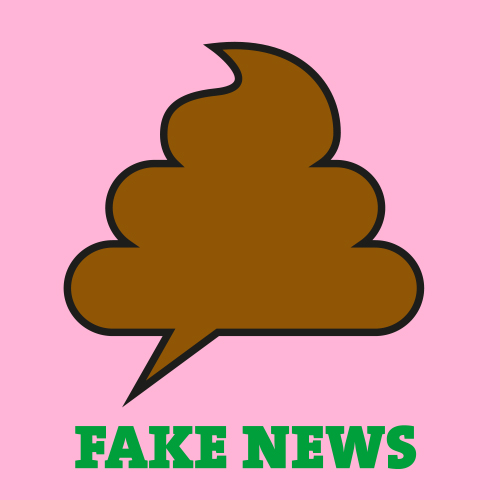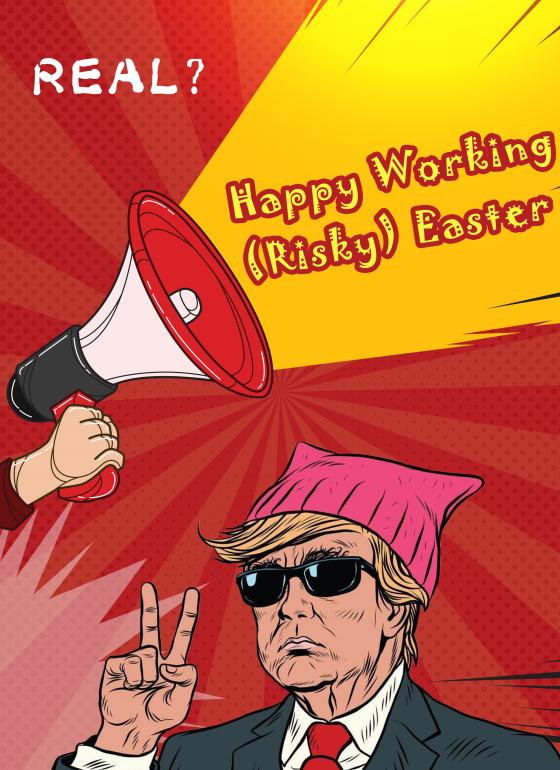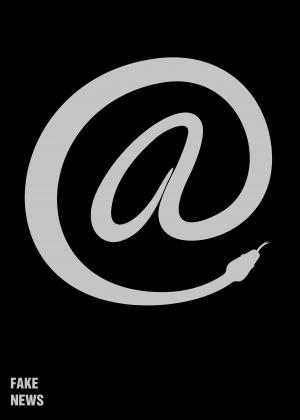FAKE NEWS!

Fake news might feel like a recent development that has only come to prominence since the election of one politician who shall not be named, but the practice of spreading rumours and misinformation is as old as the printed word.
People have always twisted the truth, or simply told lies, to get what they want (or change the world). But now we have the ability to share information faster and wider than ever before. It used to be only a few media outlets or government sources that could shape public thought, but now everyone can.
And unlike the media or government, none of us are held accountable for what we post. As there are few laws or fines that can be thrown at us for posting lies, there is no incentive to act responsibly in the public sphere. Get likes (or votes) first, worry about potential consequences later. If the self-styled leader of the free world can’t be held to account for regularly tweeting and spreading blatant untruths, then what stops everybody else from doing the same?




